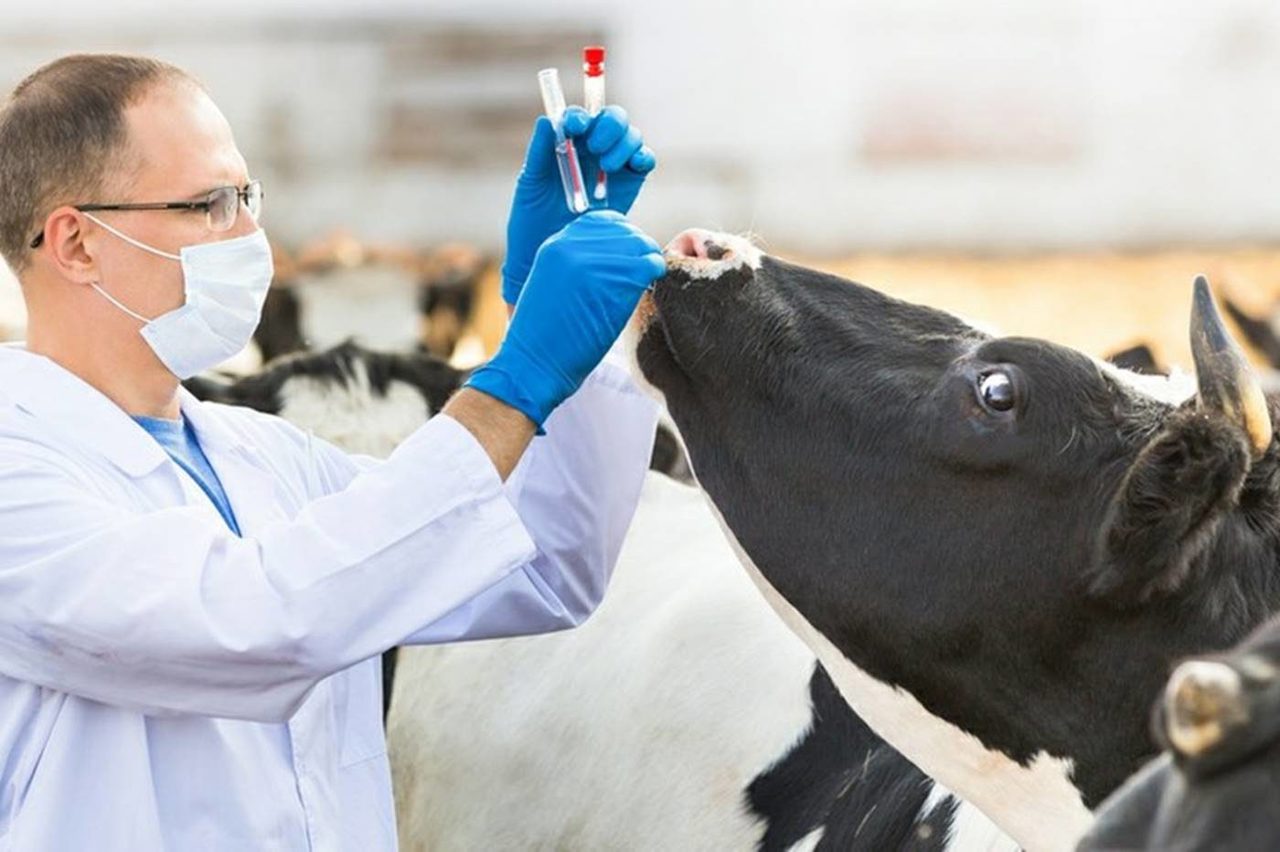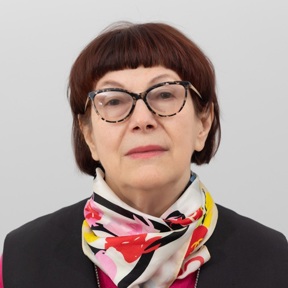Shortage of vets: The 67 villages of Soroca district are served by four veterinarians
The lack of veterinarians in the country's localities is a long-standing problem, and because of the lack of specialists, people risk losing their animals from their households. The authorities recognise that this is a big challenge, and one solution to fill the vacancies would be to provide facilities for young specialists or attract students.

Every year, domestic animals are immunised by veterinarians, and if diseases are suspected, all animals in the risk area are vaccinated. In Soroca district, there are four veterinarians serving the 67 localities and for this reason they have to prioritise requests.
"It's very little and clearly it's very difficult to work in such conditions. Plus to that, 67 villages the distance between them is great, with transport they have to be supplied permanently. At any time there can be a call, a suspicion of different diseases in different localities," says Iurie Zgardan, a specialist in the Territorial Directorate for Food Safety Soroca.
Most specialists in the district choose other fields of activity, because the salary of a veterinarian is almost five thousand lei.
"There are specialists in the district, they teach, they have higher education, they have secondary education, their salaries are not much better," says Iurie Zgardan.
To fill vacancies in rural areas, the authorities are examining ways of offering facilities to young specialists.
"There is a huge shortage, I think if we talk about the average age of veterinarians employed in the field is around 63 years. The Ministry of Agriculture has initiated a procedure to amend the Education Code so that we can invest money in our agricultural faculties," Agriculture Minister Vladimir Bolea stressed.
The National Food Safety Agency currently employs 150 veterinarians working across the country.





